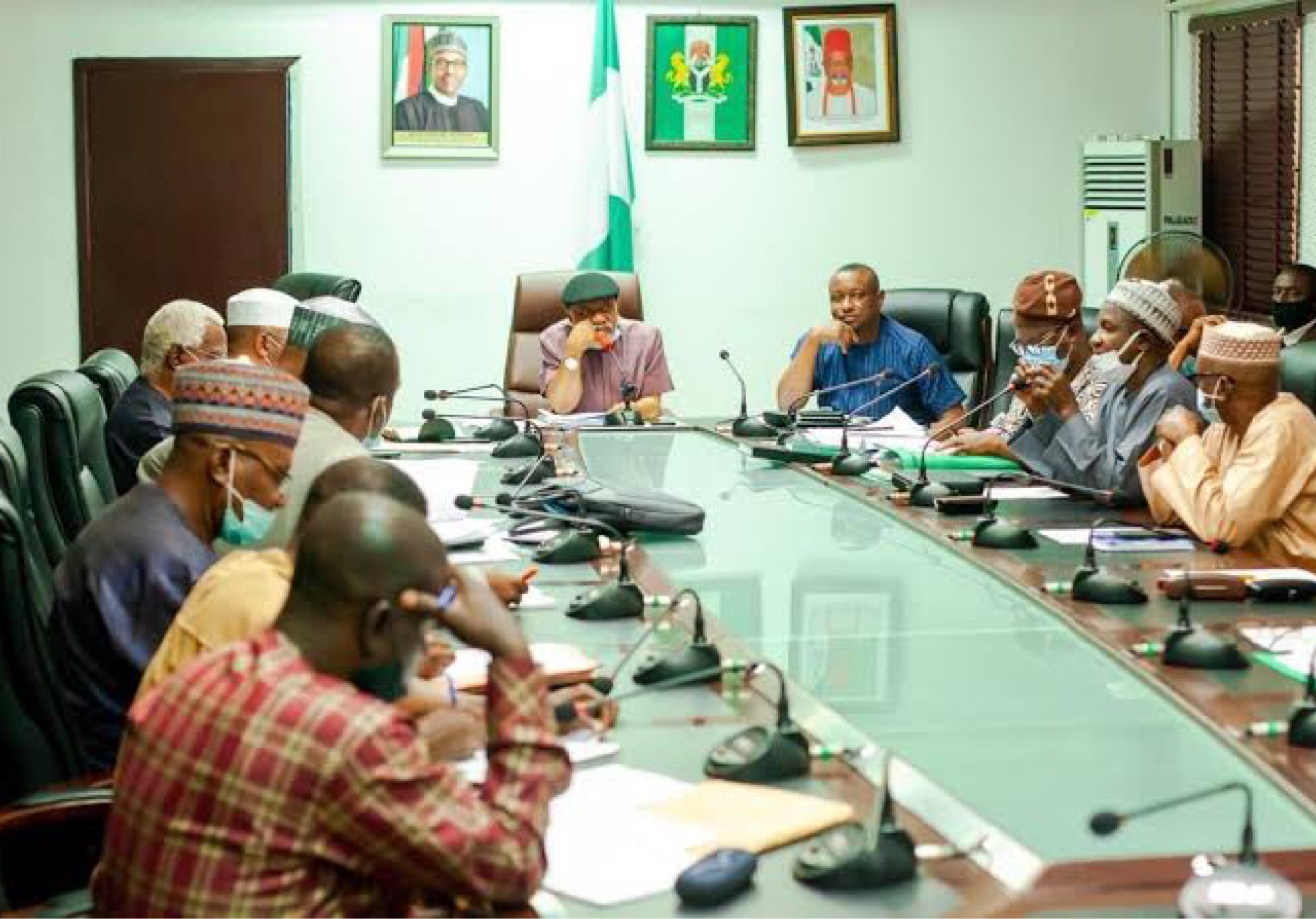All You Need To Know About Over 8-Month-Old ASUU Strike
Strike actions has always been a way for the Academic Staff Union of Universities (ASUU) to express their dissatisfaction over the government’s constant failure to meet their growing demands and expectations since 1999.
Ever since Nigeria returned to civil rule under the Fourth Republic, the union have gone on strike, wait-for-it, 14 times in total and they have been away from work for about 40 months.
The major reason for ASUU strike action always seems to boil down to the poor funding of government-owned universities.
Each time there is a dispute between the union and the government, meetings are held in a bid to resolve them. Everything is eventually resolved after the government promises the union that their demands would be met. However, the government usually renege on its promises, causing another strike action almost every other year.
This year, ASUU went on a strike in March following its disagreement with the Federal Government over the funding of the universities and implementation of the IPPIS, which according to the union, negates the autonomy policy for the universities.
During the over eight-month-old strike, the union have kept on requesting for Earned Academic Allowances (EAA); conclusion of the renegotiation of the 2009 FGN-ASUU agreements; revitalisation fund for public universities; and discontinuation of proliferation of state universities among others.
Although the union finally came to an agreement with the Federal Government after a meeting was held.
The government’s negotiation team led by Senator Chris Nigige reportedly increased its offer for Earned Allowances and funding for the revitalization of public universities from N65 billion to N70 billion.
ASUU released a tweet where they insisted that the funding should be implemented before the union suspends its strike action.
There were reports that the union had called off their strike after it agreed to accept the government’s total payment of N70 billion as well the payment of their outstanding salaries which must not be done through the Integrated Personnel Payroll and Information System (IPPIS). The union were said to have created its own payment platform known as the University Transparency and Accountability Solution (UTAS).
However, ASUU President, Prof. Biodun Ogunyemi, denied knowledge of any agreement to call off the strike. Ogunyemi stated that it was only agreed at the meeting that the union would convey the government’s message to their organs and give them a feedback.
The leadership of ASUU has requested that it be given till Wednesday, December 9 to round up with consultations with its chapters on the terms of resolution of the dispute with the federal government.
t remains to be seen if the strike will be called off before the end of the year.


